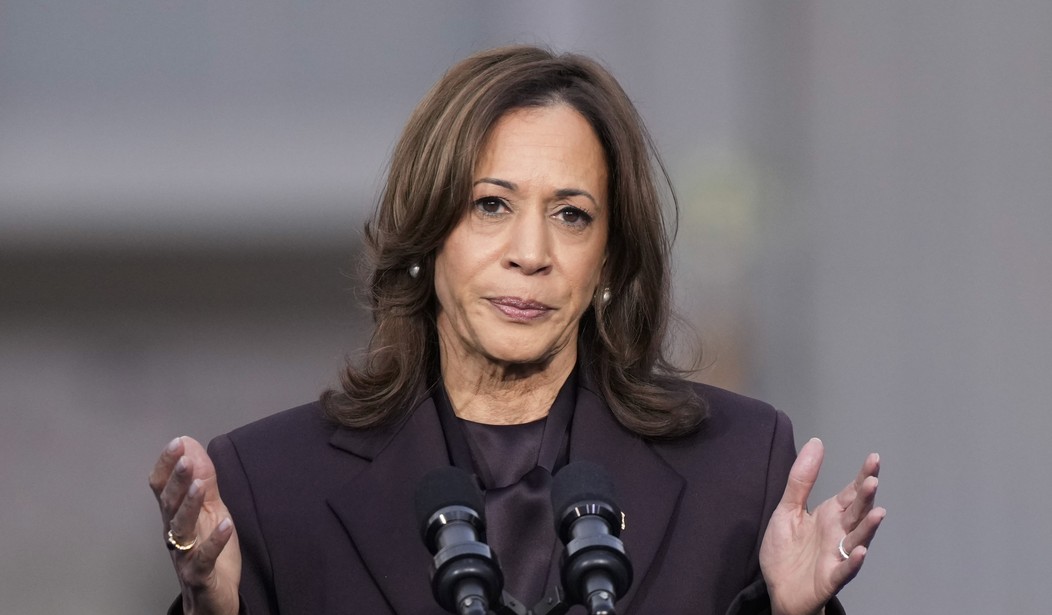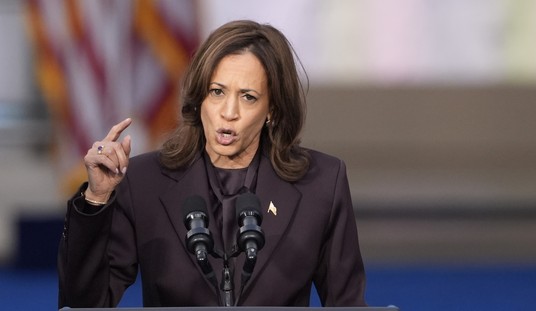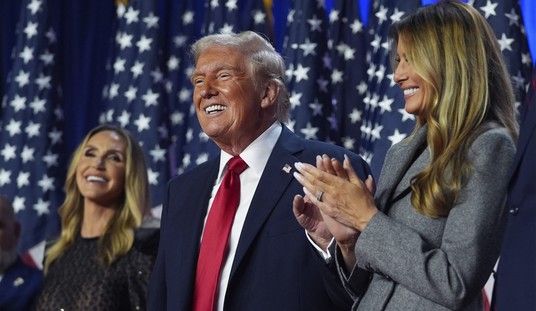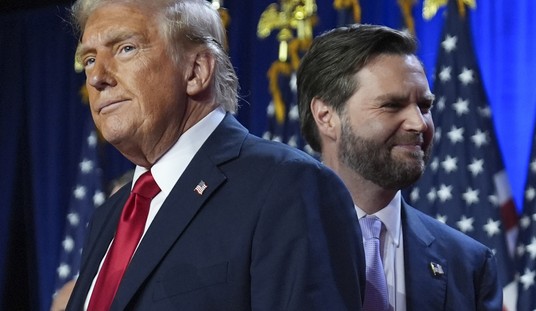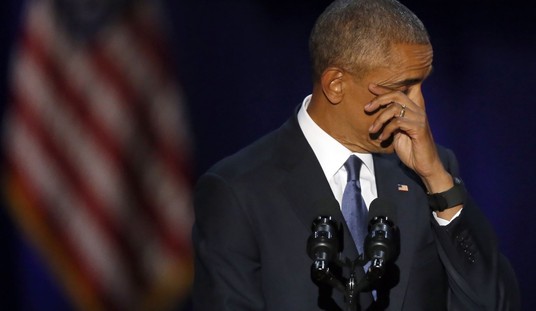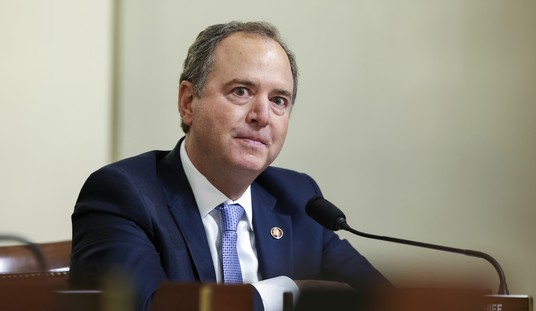I don't think I'm going out on a limb here by saying that it is very likely Democrats knew that Trump was going to win the election, regardless of who he ran against, and Kamala Harris was a convenient sacrificial lamb who fit the bill of a patsy perfectly.
After Joe Biden dropped out, the narrative was that Democrats were infused with a jolt of enthusiasm. Money started pouring in, and people even showed up to Harris's rallies. In light of the results of the election — in which Donald Trump won decisively, both the popular vote and the Electoral College, saw gains among virtually all demographics, and even won white suburban women outright — the idea that Kamala Harris was a sacrificial lamb makes perfect sense.
Democrats may have rallied for ActBlue’s “biggest fundraising day” of the 2024 cycle when Harris took center stage, but that energy was more a signal of a party that had to unite behind someone — anyone — than of real confidence in her ability to win.
Think about it: prior to becoming the nominee, Harris was literally the most unpopular vice president in the history of polling. That's hardly the person a major political party would want to rally behind if it really thought it had a chance to win.
Another sign that Kamala was destined to lose and everyone knew it was the way no one challenged her. Prominent Democrats like Gavin Newsom and Gretchen Whitmer, both of whom have an eye on seeking higher office, promptly endorsed her rather than launch their own bids, even though a Harris victory would have derailed both of their presidential ambitions.
Related: WATCH: Kamala Harris Concedes With Bitter, Divisive Speech
Kamala’s candidacy was always more about optics than actual support. Democrats knew the fundamentals of this election heavily favored Trump. The economy, immigration, and crime dominated voters’ concerns, and polling consistently showed that voters trusted Trump more on these issues. Then, rather than pick a popular governor of a critical swing state as her running mate, she chose Gov. Tim Walz of Minnesota. Would picking Josh Shapiro have changed the outcome of the race? Probably not, but as a rising star in the party, he didn’t need to be attached to a ticket doomed to fail.
Others knew it, too. Gov. Roy Cooper (D-N.C.) was reportedly on Kamala’s shortlist for running mate and took himself out of consideration. Why? Because he wants to run for Senate in 2026. He's 67 years old; why would he pass up a chance at the vice presidency to seek a Senate seat when he’s nearly 70? If he won, he wouldn’t have a long Senate career. But as Kamala’s VP, he’d get to retire after having served at least one term as vice president of the United States.
The likely answer is simple: joining a doomed ticket would damage his Senate ambitions in a red state and destroy any appeal he might have with swing voters there.
He knew she was going lose.
Rep. Alexandria Ocasio-Cortez also hinted that there was internal skepticism about Kamala’s chances, admitting that many in the party weren’t behind her and had little hope of her winning. AOC was right: Harris was a stand-in to prevent a down-ballot disaster, not a contender Democrats believed could deliver the presidency.
By endorsing Kamala Harris, party leaders were making a practical choice. Harris, a weak campaigner, would fight hard and inevitably lose, creating the appearance that Democrats were seriously in the race. In reality, they were simply biding their time, setting the stage to regroup for 2028.




